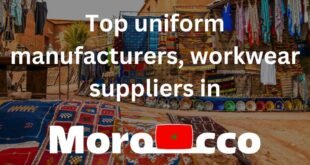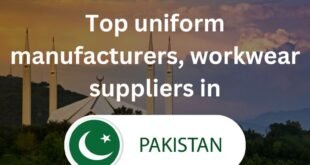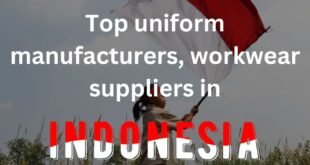Whether you are looking for a manufacturer of garments or just looking to invest in the industry, there are many things to consider when you want to do business with a company in Togo. Among the things to keep in mind are the cost of production, competition from the Chinese market, and the quality of the work environment.
1 Cotton production
Despite being one of the top 10 cotton producers in Africa, Togo is not yet fully industrialising its textile industry. However, the country has been able to flourish in other industries such as cacao exports and phosphates. It has also started privatising its cotton industry.
In the 1970s, Togo was considered the centre of commerce in West Africa. Its capital Lome was positioned as a regional distribution centre. The female entrepreneur Nana Benz introduced the city as a textile and apparel hub. She expanded her business by adding new equipment and buying more land.
In the 1970s, Togo became Africa’s leading cotton exporter. But it faced a drop in production during the 2000s. A number of factors contributed to this, including adverse weather conditions, lower international prices, and weak technical support. As a result, many cotton growers in Togo decided to cultivate other crops.
Togo has been working on a series of industrialisation initiatives to boost the growth of its cotton industry. The government has been supporting local cotton producers by purchasing fertilisers and helping them to sell their produce. In April last year, Togo announced strict emergency sanitary measures to protect its cotton.
Togo’s textile sector is growing, and its exports of finished textiles and garments have increased. The country’s currency is pegged to the Euro. In addition, the country’s ports are less than two weeks from European ports. These ports are free to move goods and services. There are no currency devaluation risks, and Togo’s industry zones provide easy visas.
The country’s cotton production is expected to reach 728,000 tonnes by 2020/21. The government hopes that its apparel will be sold in Europe and Asia. This could create a new industry in Togo, and generate thousands of jobs for the local economy.
Togo’s government plans to establish a cotton textile park on 400 hectares in Lome. Its goal is to convert 56,000 tonnes of cotton fibre into apparel worth $1.5bn. The project will include commercial zones, warehouses for cotton, and storage units for the raw material. It is expected to create 20,000 direct and indirect jobs.
2 Ready-Made Garment (RMG) industry
During the Council of Ministers meeting last week, Togo’s textile and clothing policy was examined. The policy covers the period 2022-2030 and will focus on the improvement of cotton production and processing in Togo. It will also aim to attract foreign investment and create new jobs.
Togo’s textile industry has a rich history. It was once considered the centre of trade in West Africa. The textile industry was the main source of revenue for the country. The capital Lome was a regional centre for the distribution of textiles. Its female entrepreneurs, known as the Nana Benz, developed a textile empire.
Today, Togo’s textile industry faces challenges in the energy supply and infrastructure. Nonetheless, the country is moving towards becoming a leading player in the ready-made garment industry. The country has established itself as one of the top ten producers of cotton in Africa. In the past decade, Togo’s cotton exports have doubled, from 19 million kg to 44 million kg.
Togo’s cotton sector is facing competition from Chinese textiles. The country’s exports of cotton are mainly unprocessed. As a result, the textile industry has focused on environmental, social and governance principles. The government plans to increase cotton cultivation and increase exports of cotton and textiles. Togo has a young population and is close to European markets and North America.
The government of Togo has announced the implementation of a new textile and clothing policy. It will focus on the improvement of cotton production and raw material supply in the country. The policy will also aim to attract foreign investors.
The textile and apparel sector has the potential to revitalize the African economy. It is important for the Togolese government to make sure that skilled and unskilled labour are available. It also seeks to maximise the value of the entire supply chain. The government is working with the Adetikope Industrial Platform (PIA) to simplify the process of setting up units in the industrial zone. The PIA provides social and environmental standards. It is also a vertically integrated industrial zone, which spans 400 hectares.
3 Work conditions
Despite Togo’s positive economic conditions, the country faces challenges in improving administrative transparency, improving the climate for private sector activity, and attracting more foreign investment. In response to these issues, the Togolese government has adopted a number of business climate reforms. These reforms have reduced corruption and improve the transparency of procurements. However, delays persist due to lack of cooperation between ministries.
Togo’s textile and garment industries have huge potential for expansion. The nation’s low cost of labour and world-class infrastructure make it a desirable location for industrial growth. In addition, Togo has developed a deep-water port, which serves as a customs-free transshipment facility. The nation also has easy visas, single-window operations, and a low currency devaluation risk.
A number of studies have shown that labour conditions in EPZs are poor. One study, conducted by Zohir (2001b) on garment EPZs in Bangladesh, found that workers in those areas experience higher rates of mental health disorders. Other studies have documented problems with overtime pay and compulsory overwork.
Togo’s labour laws were revised in 2006. The national labor code prohibits the worst forms of child labor. The minimum wage is FCFA 35,000 per month, or approximately US$70. The government requires that twenty percent of the total workforce be Togolese after five years.
The labor code was amended in 2006. A new system of business registration was implemented in 2009. The Togolese Chamber of Commerce & Industry created a Business Formalities Center to handle property disputes and infringements of copyright. The National Agency for Promotion of Small and Medium Business Financing is established to encourage lending to small businesses.
Togo is one of Africa’s leading producers of cotton. The country’s government is planning to increase cultivation and increase cotton textile exports. It has also joined the Extractive Industries Transparency Initiative. It has been forgiven almost eighty percent of its debt owed to international creditors. In 2010, Togo reached the completion point of the International Monetary Fund’s HIPC program.
Togo’s garment and textile industries are expected to generate over 100,000 jobs. These new developments will transform Togo’s apparel value chain. The nation also aims to boost its exports of cotton textiles and finished garments. It uses 100% sustainably sourced cotton and recycles ninety-five percent of the water used in processing.
4 Competition from the Chinese market
During the 1970s, Togo was a centre of trade and commerce in West Africa. In that period, the textiles industry was the primary source of revenue. It was also one of the main cash crops for the country. However, by 2000, cotton production dropped by 20%. During that period, other competitors began to trickle into the market.
In the past two decades, Chinese investment in sub-Saharan Africa has increased dramatically. Most of the money has been directed to Chinese-owned firms in the region. It has had a net positive impact on job creation. It has also encouraged local subcontracting.
A rise in investment has led to an increase in trade and trade relationships. It has helped create more jobs in some contexts, but has had a negative impact on the region’s debt and on the overall economic health of the continent. It has also pushed China’s influence into the political sphere.
Togo is a small country with a relatively low population, yet it has managed to achieve considerable industrial growth. Its phosphates, coffee, and cacao exports have all thrived. In addition, it has become a leader in cotton production. In 2019, Togo produces about 56,000 MT of lint cotton and 120,000 MT of seed cotton. The government plans to boost cotton cultivation.
The country’s Adetikope Industrial Platform (AIP) is a Special Economic Zone (SEZ) focused on textile value chains. It is aimed at improving the competitiveness of Togo’s apparel industry and boosting its exports of finished garments. It is located along the Lome-Burkina industrial corridor. It offers world-class infrastructure, skilled and unskilled labor, and access to land and water. It also offers a captive solar power plant, single-window operations, and easy visas.
In an effort to promote sustainable development, Arise IIP is committed to using 100% renewable electricity, recyclable fabrics, and independent international certifications for dyeing and ready-fabrics. It also aims to reduce emissions and improve efficiency in its supply chain.
The Chinese market for top garment manufacturing companies in Togo is an important part of the region’s textiles economy. It also holds a huge potential for industrial growth.
 Henry Pham (Pham Quang Anh), CEO of DONY Garment
Henry Pham (Pham Quang Anh), CEO of DONY Garment
This year, we have found that many international buyers are seeking new suppliers based in nations outside of China and Thailand to purchase many goods and products, including uniforms, workwear, reusable cloth face mask, and protective clothing.
At DONY Garment, we are proud to welcome international customers, especially those based in the US, Canada, the Middle East, and the EU market to discover the professional production line at our factory in Vietnam.
We guarantee our products are of the highest quality, at an affordable cost, and easy to transport across the world.
 Dony Garment Vietnamese Garment Factory Supplier – Apparel Clothing & Textile Manufactured. Private label clothing Produce women, men, children baby wear – Casual Clothing, Uniform, Workwear
Dony Garment Vietnamese Garment Factory Supplier – Apparel Clothing & Textile Manufactured. Private label clothing Produce women, men, children baby wear – Casual Clothing, Uniform, Workwear


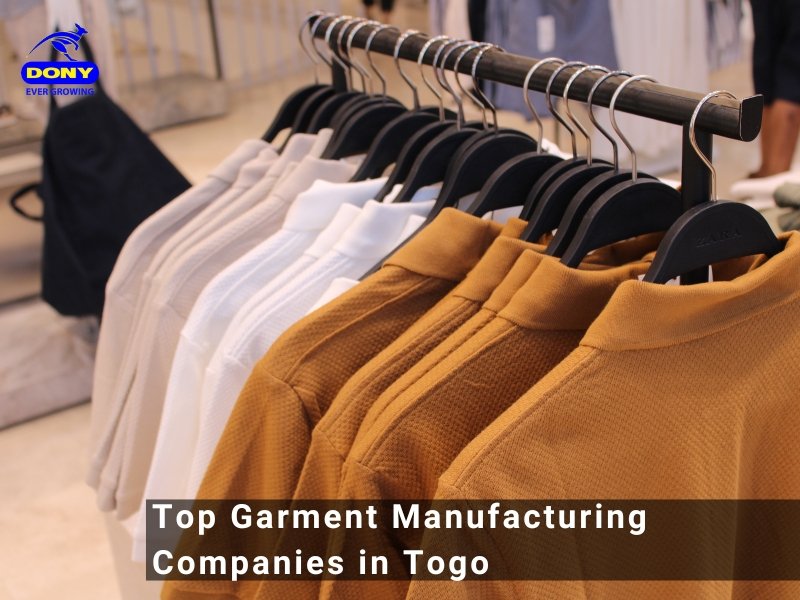
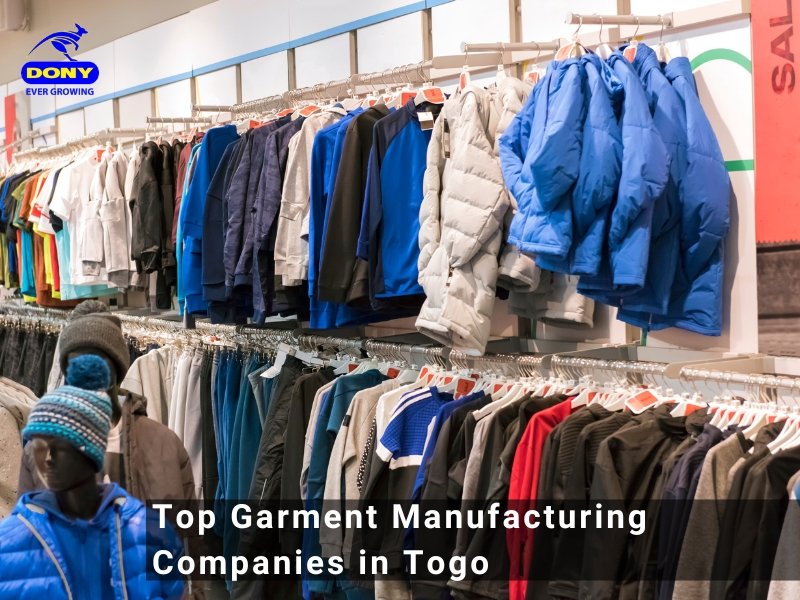
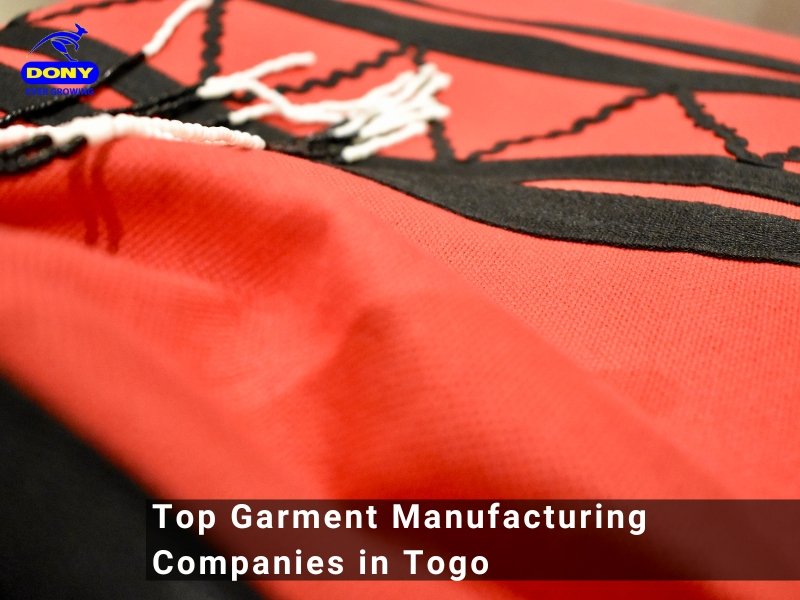
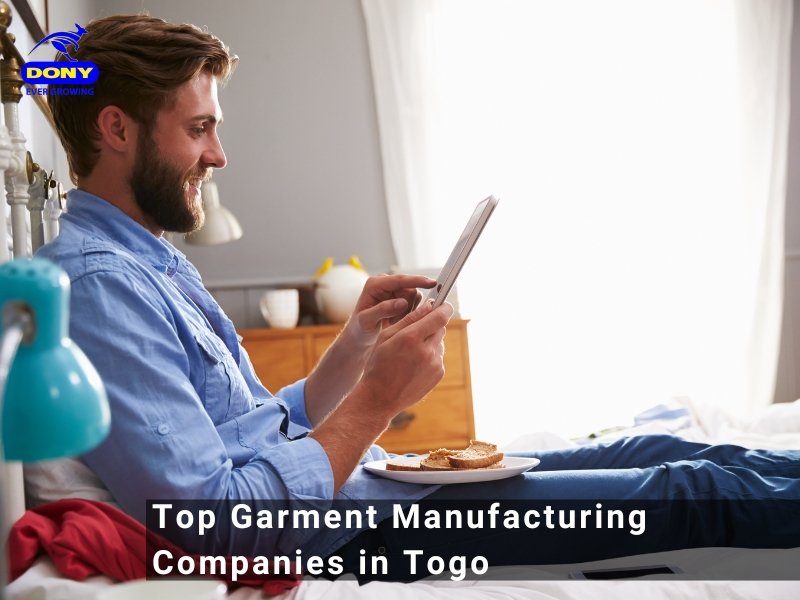
 Henry Pham (Pham Quang Anh), CEO of DONY Garment
Henry Pham (Pham Quang Anh), CEO of DONY Garment
